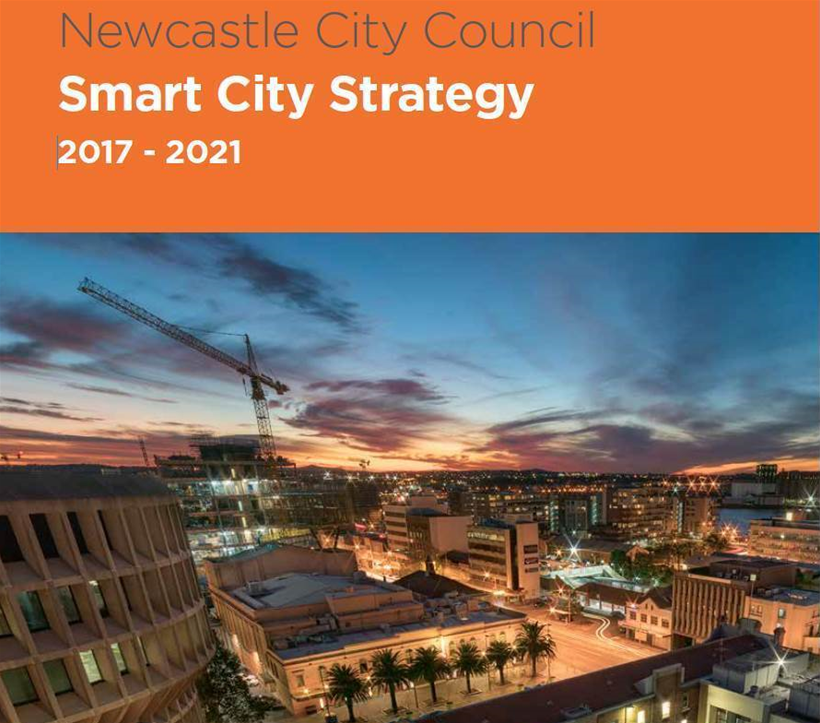The NSW city of Newcastle has adopted a smart city strategy, describing it as a roadmap for creating a smarter and more innovative Newcastle and Hunter Region to maximise opportunities in technology, advanced manufacturing, the digital economy and the creative industries.
The Newcastle City Council Smart City Strategy 2017-2021 was formerly adopted by the City of Newcastle Council in August following a consultation process that included release of a draft strategy in May. It produced more than 70 submissions, the overwhelming majority of which were positive, according to the council.
The council says the strategy will leverage the smart city movement to improve liveability, sustainability and economic diversity, develop local innovation, build international profile and attract talent and inward investment to Newcastle. It will also “help ensure our future city has effective and integrated public transport, nurtures a creative and vibrant community and features best-practice energy and water efficiency.”
The council’s smart city coordinator Nathaniel Bavinton said the four-year strategy was one element of the broader Newcastle 2030 Community Strategic Plan that aims to create a smart, liveable and sustainable city.
“[The smart city plan] outlines the key priorities and actions to be delivered by council in its commitment to leading Newcastle’s transition to a smart and innovative city,” Bavinton said.
“Like the long-term strategy, the smart city strategy draws on input from – and the cooperation of – all levels of government, the community, educational and research providers and business and industry sectors.”
The strategy says its successful implementation will: improve operational efficiency; achieve higher levels of sustainability; better service local community needs; stimulate economic development activity; increase community inclusion and participation; and position Newcastle as a smart city internationally.
The strategy is structured around six major focus areas, depicted as what it calls the “Smart City Mandala.” The six focus areas are smart governance, smart environment, smart living, smart mobility, smart people and smart economy. For each of these, the strategy document lists specific initiatives and timeframes to achievement within the four-year timeframe of the overall strategy.
The strategy document says each focus area within the Mandala is underpinned by a number of supporting sub-strategies that have been “developed through internal and external stakeholder engagement and according to international best practice.”
The document says the plan is based on the framework of Boyd Cohen, the international urban strategist helping communities, cities and companies adopt smart, innovative and low carbon economies. He is the co-author of Climate Capitalism: Capitalism in the Age of Climate Change, published in 2011, and director of innovation and professor of entrepreneurship, sustainability and smart cities at the Universidad del Desarrollo in Santiago, Chile.







